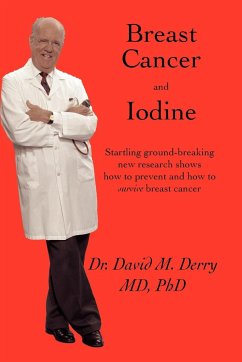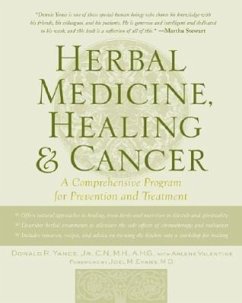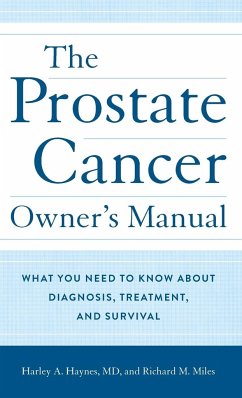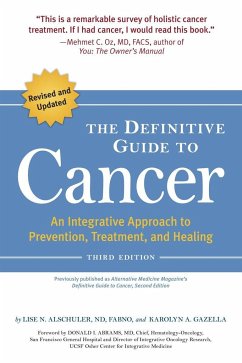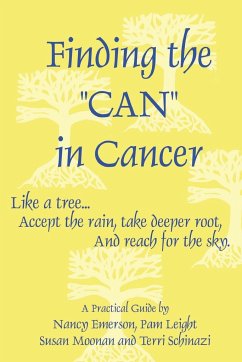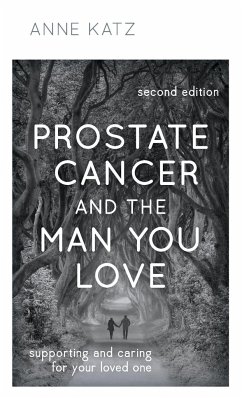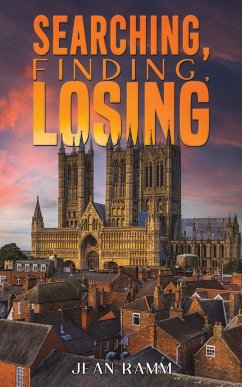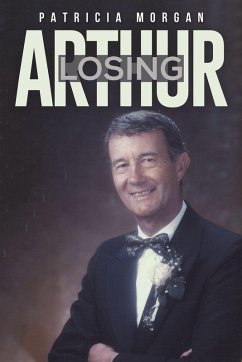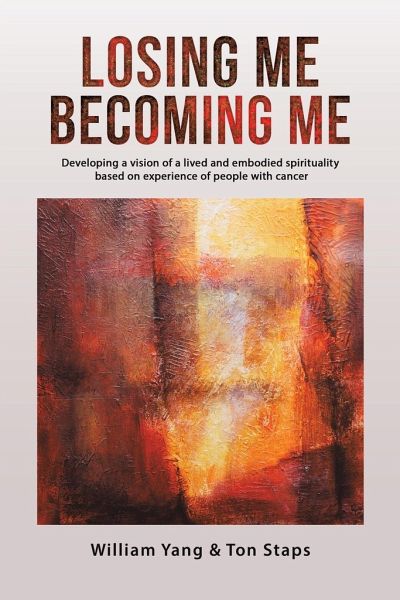
Losing Me, Becoming Me

PAYBACK Punkte
19 °P sammeln!
This book explores the human search for meaning when people are confronted with a life-threatening illness such as cancer. Losing Me, Becoming Me delves into the relationship between body and mind in this challenging context. It argues for a compassionate and courageous stance towards ourselves as embodied beings. Despite its dire predicament, our body cries out to be acknowledged, taken care of, and accepted as-it-is. Living with cancer involves a profound journey into an existential crisis such as the 'dark night', and yet which also brings unexpected moments of inner light. This book argues...
This book explores the human search for meaning when people are confronted with a life-threatening illness such as cancer. Losing Me, Becoming Me delves into the relationship between body and mind in this challenging context. It argues for a compassionate and courageous stance towards ourselves as embodied beings. Despite its dire predicament, our body cries out to be acknowledged, taken care of, and accepted as-it-is. Living with cancer involves a profound journey into an existential crisis such as the 'dark night', and yet which also brings unexpected moments of inner light. This book argues that 'spirituality' is ultimately about facing the reality of our physicality and mortality. It is when we face this reality that we can discover the mystery lying at the very heart of human existence. The crisis of a cancer diagnosis for many people means having to reconnect with the body in a wholly different way. Losing Me, Becoming Me describes a form of body work that helps to rediscover our body at a deeper level. It is rooted in Chinese Qi Gong practice and the Christian tradition of Hesychasm. It describes an approach to an embodied spirituality which may be of interest to professionals working in cancer care, patients, carers, and cancer survivors. Dr William Yang and Ton Staps have been working with cancer patients for many years. In this book they map a journey which often involves losing and rediscovering the self. Losing Me, Becoming Me is a book which argues for a compassionate, empathic, and tender stance towards the reality that we are embodied beings. - Toine van den Hoogen, Emeritus Professor in Theology at Radboud University, Nijmegen the Netherlands. "William Yang and Ton Staps show how the loss of health because of cancer can lead to a profound transformation, which is grounded in the body. I have drawn on their thinking and approaches over many years in my work as a psychologist and pastoral care worker. In Losing Me, Becoming Me the authors offer a fascinating and challenging perspective on the journey through cancer." - Peter Zandvliet, Psychologist and Pastoral Care Worker.




